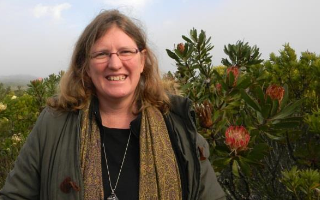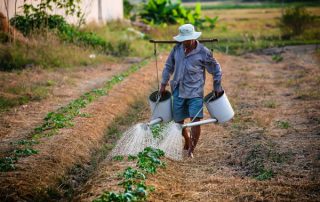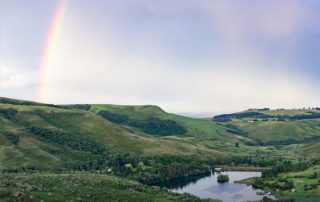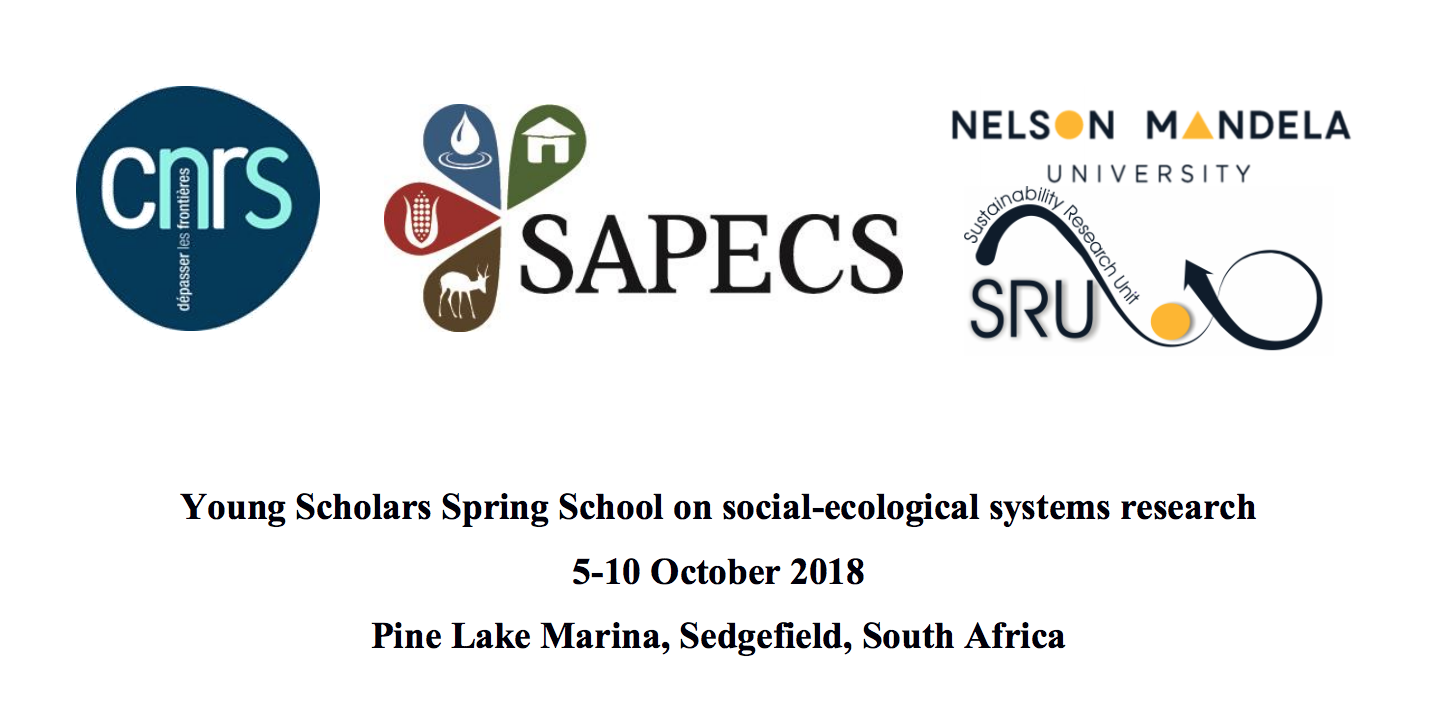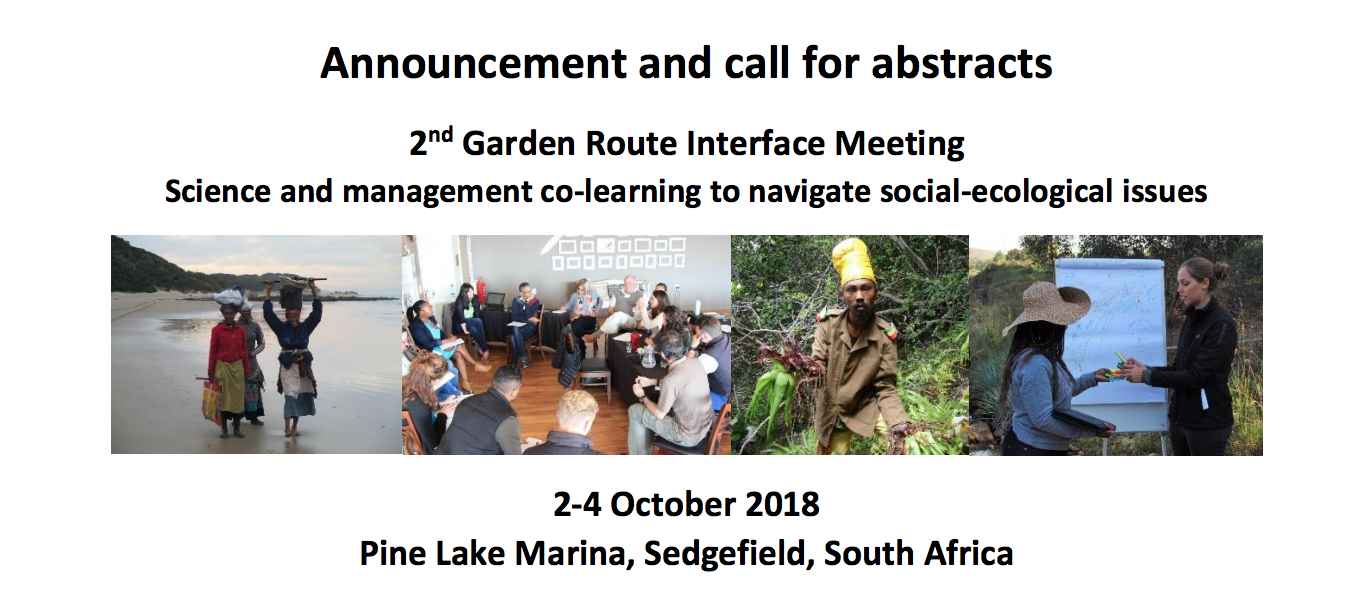South African Women in Science Award
Congratulations to Professor Karen Esler from the Department of Conservation Ecology and Entomology at Stellenbosch University for finishing in second place in the South African Women in Science Awards (SAWiSA). This is the 15th edition of this prestigious event that celebrates outstanding women researchers and scientists. This year's theme was 'leveraging science, technology and innovation to enhance inclusive growth and development.' The awards aim to recognise the excellence of women scientists working in South Africa, profiling them as role models for younger scientists. Karen was honoured for her research in ecology, specifically ecosystem restoration and invasive biology, where [...]


